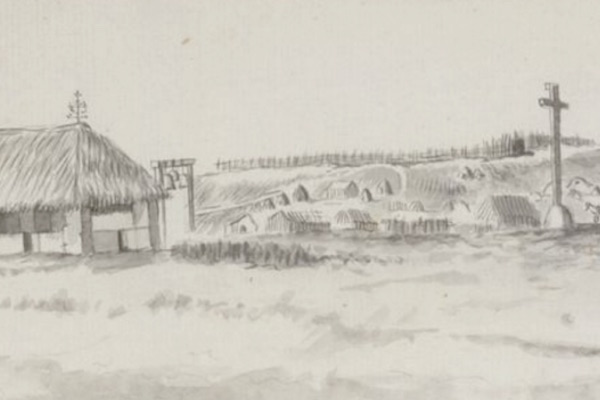Historical evidence proves that there were interactions between Europe and the Americas before Christopher Columbus’s voyage in 1492. But Columbus’s contact precipitated a large, impactful, and lastingly significant transfer of animals, crops, people groups, cultural ideas, and microorganisms between the two worlds. In 1493, for example, on his second voyage, Columbus brought horses, dogs, pigs, cattle, chickens, sheep, and goats to the “new” world. Later in the 1530s, the Spanish conquistador and explorer Francisco Pizarro saw the potato in the Andes of South America and brought this crop to Europe. Bacteria and viruses, as well technological and cultural ideas, moved between the hemispheres, and Europeans forcibly transported enslaved people from Africa to the Americas to provide free labor. These transfers had a monumental impact on the development of our modern world. Alfred Crosby, who wrote an important 1972 book called The Columbian Exchange: Biological and Cultural Consequences of 1492, asserts that the commingling of plants, animals, and bacteria resulting from the Columbian Exchange is one of the most important ecological events in human history.
This primary source set explores positive and negative consequences of this great shift, showing both instances of exchange and resulting instances of cultural, political, ecological, and biological imperialism.

































